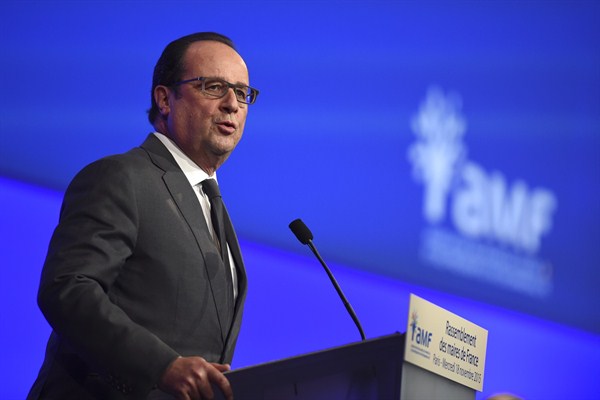In the initial hours and days after the Paris attacks, the world reacted with a moving show of support for France. The messages of solidarity came from all corners of the globe in verbal, visual and symbolic form. As diplomats and officials pledged unity with France, millions bathed their Facebook profiles in the blue, white and red “tricolore” of the French flag. Major international landmarks were also lit in the tricolore, and the stirring notes of the Marseillaise, the French national anthem, rose from teary-eyed faces in gatherings from Trafalgar Square to Madison Square Garden. We are all French, they signaled, with heartfelt solidarity.
And yet, despite this sentiment of unity, the cold reality is that the attacks in the heart of Europe, claimed by the self-declared Islamic State, will likely do more to divide than to unite the group’s enemies. The debates and political battles will almost certainly be emotional and acrimonious.
The shows of sympathy are still much more visible than the recriminations, but as the response to the Nov. 13 attacks takes shape, it is already becoming evident that it will deepen and embitter existing rifts and create new ones. That will probably intensify as attention shifts from the somber scene of the massacres to the political stage.

